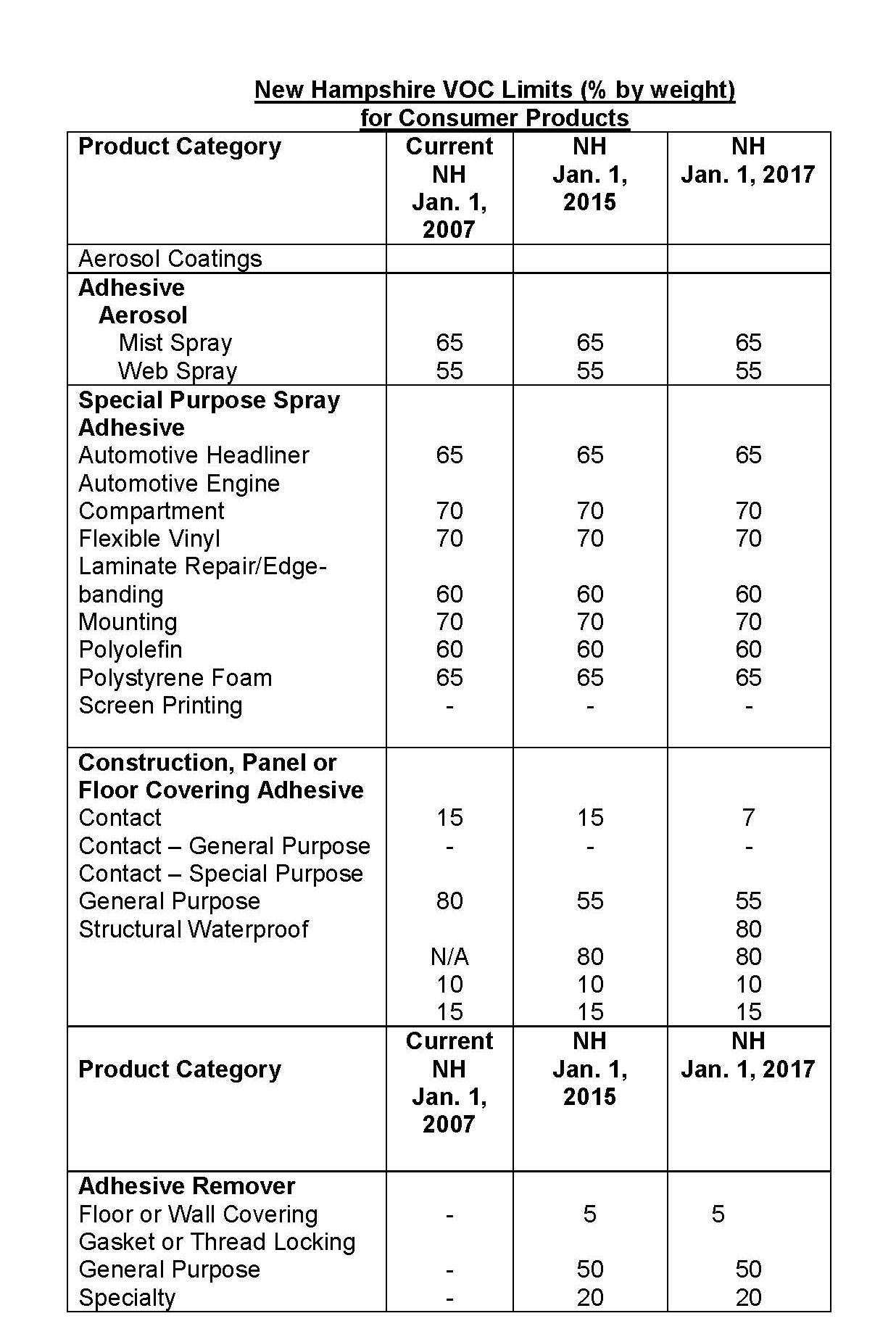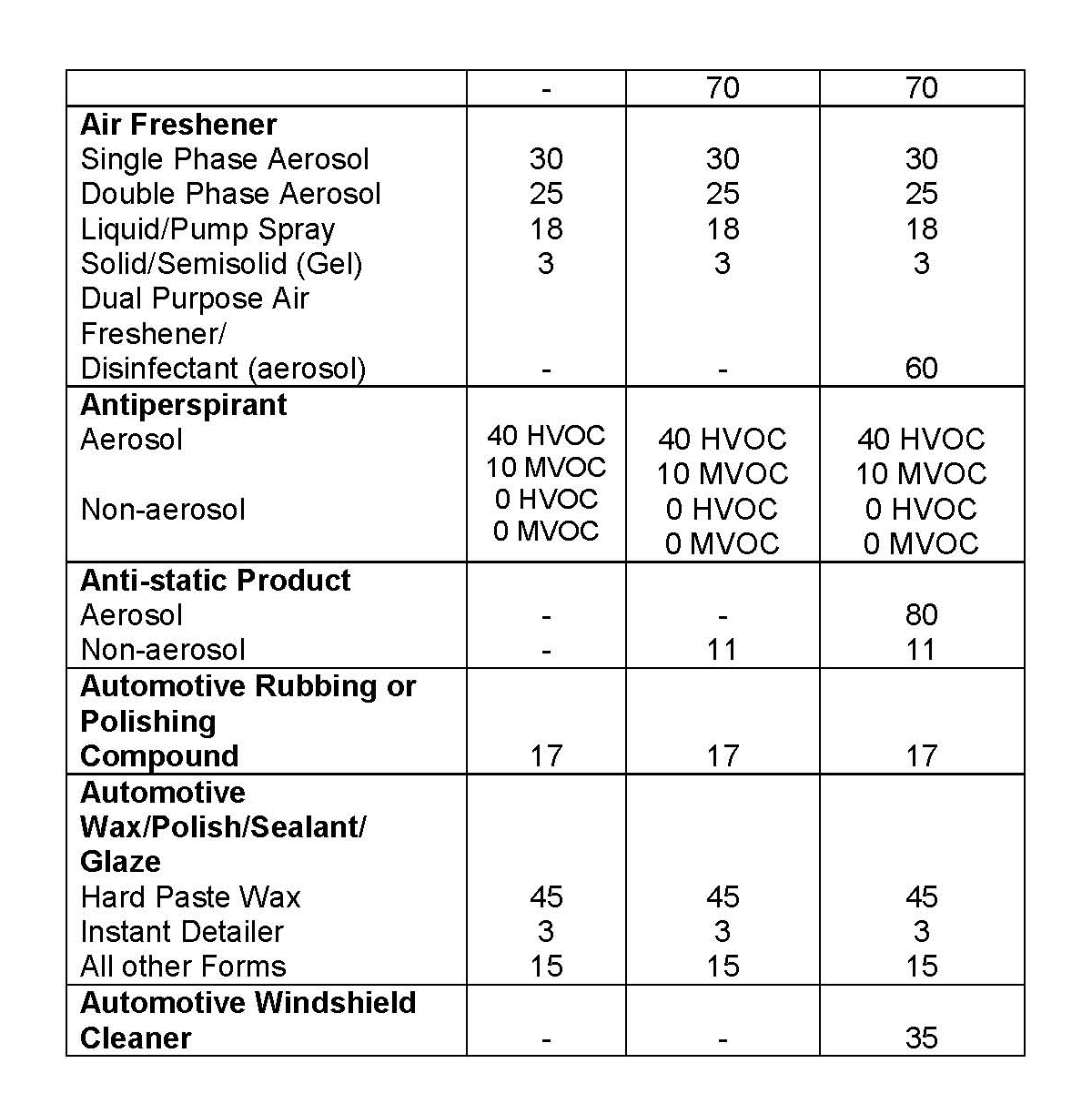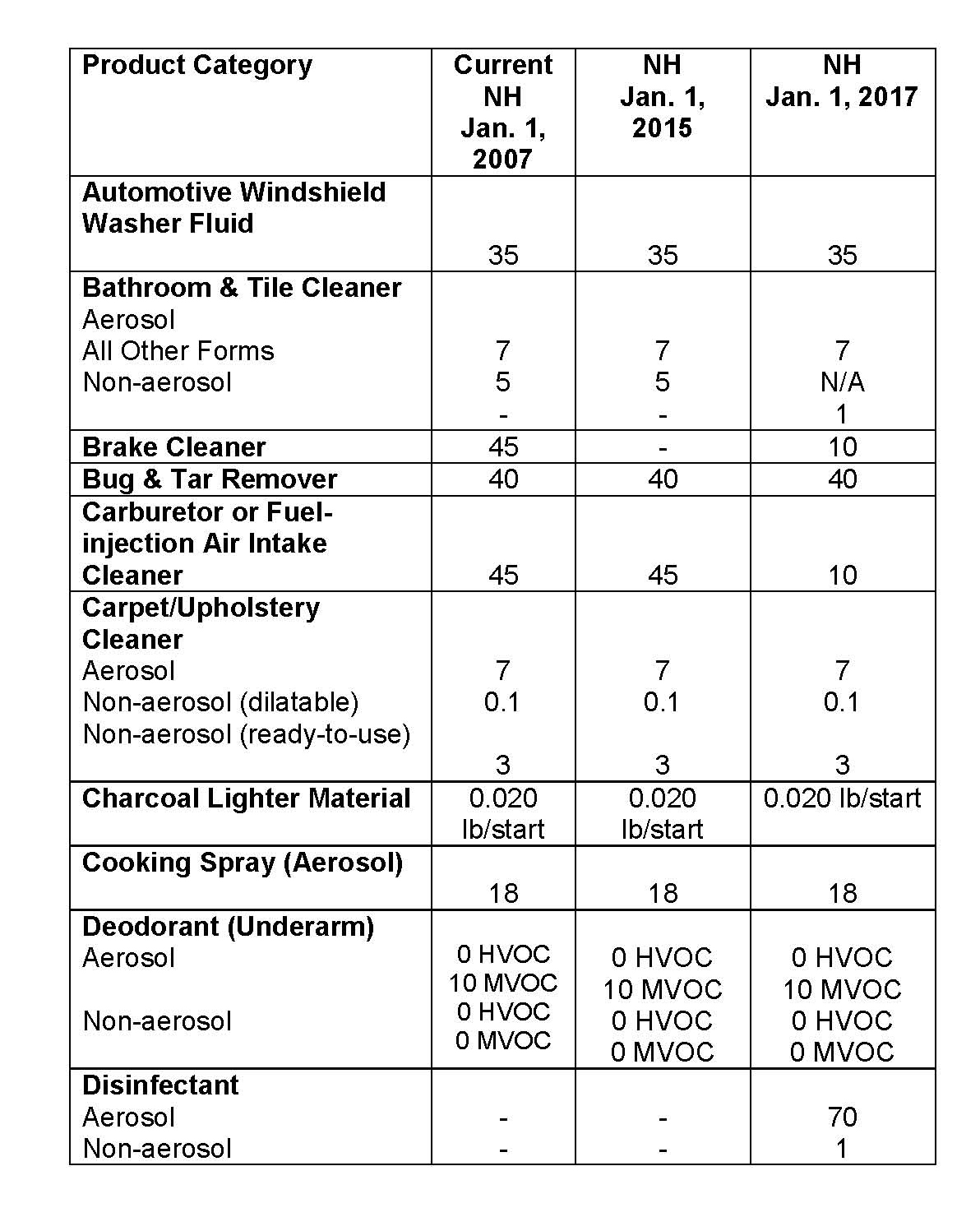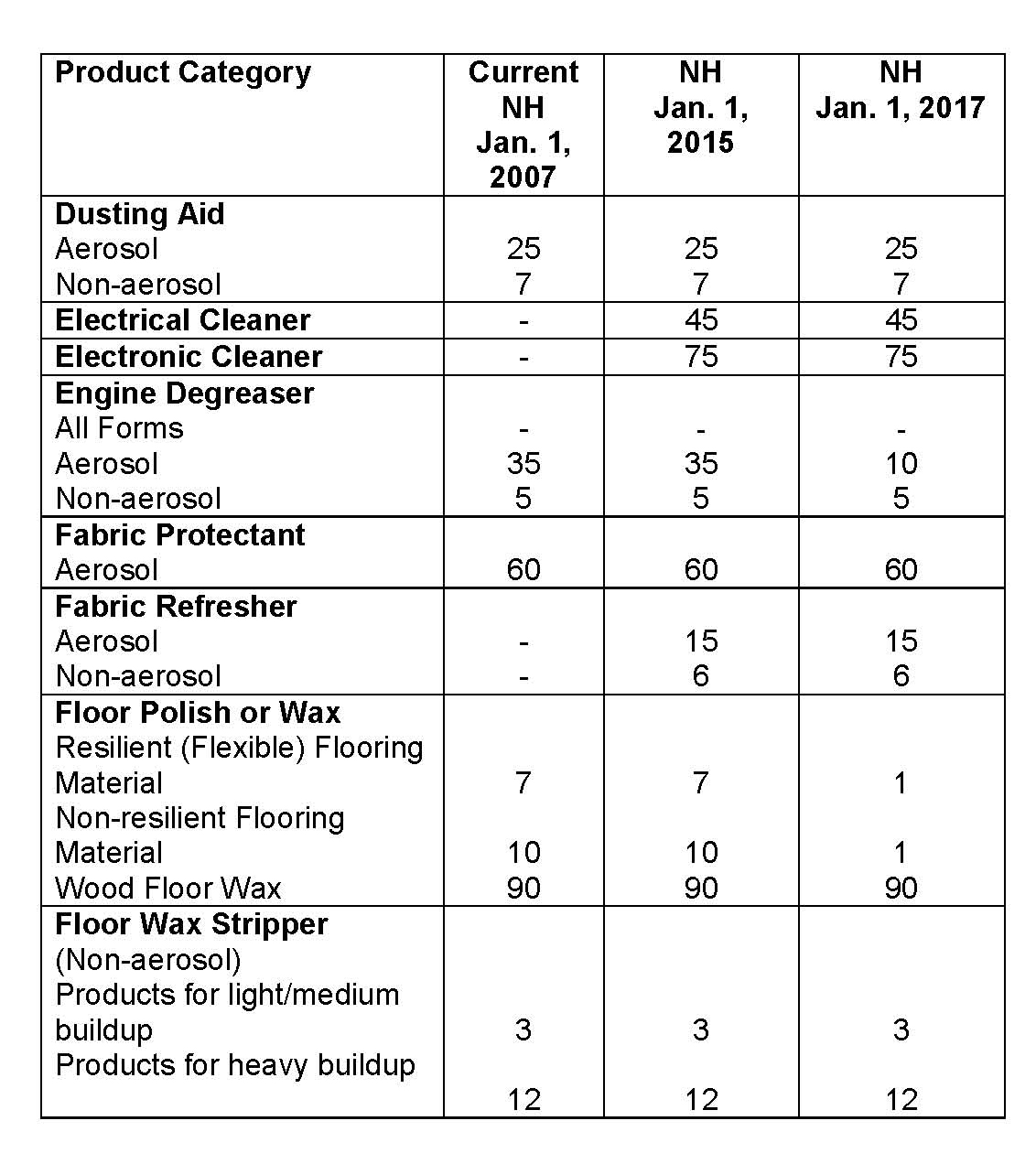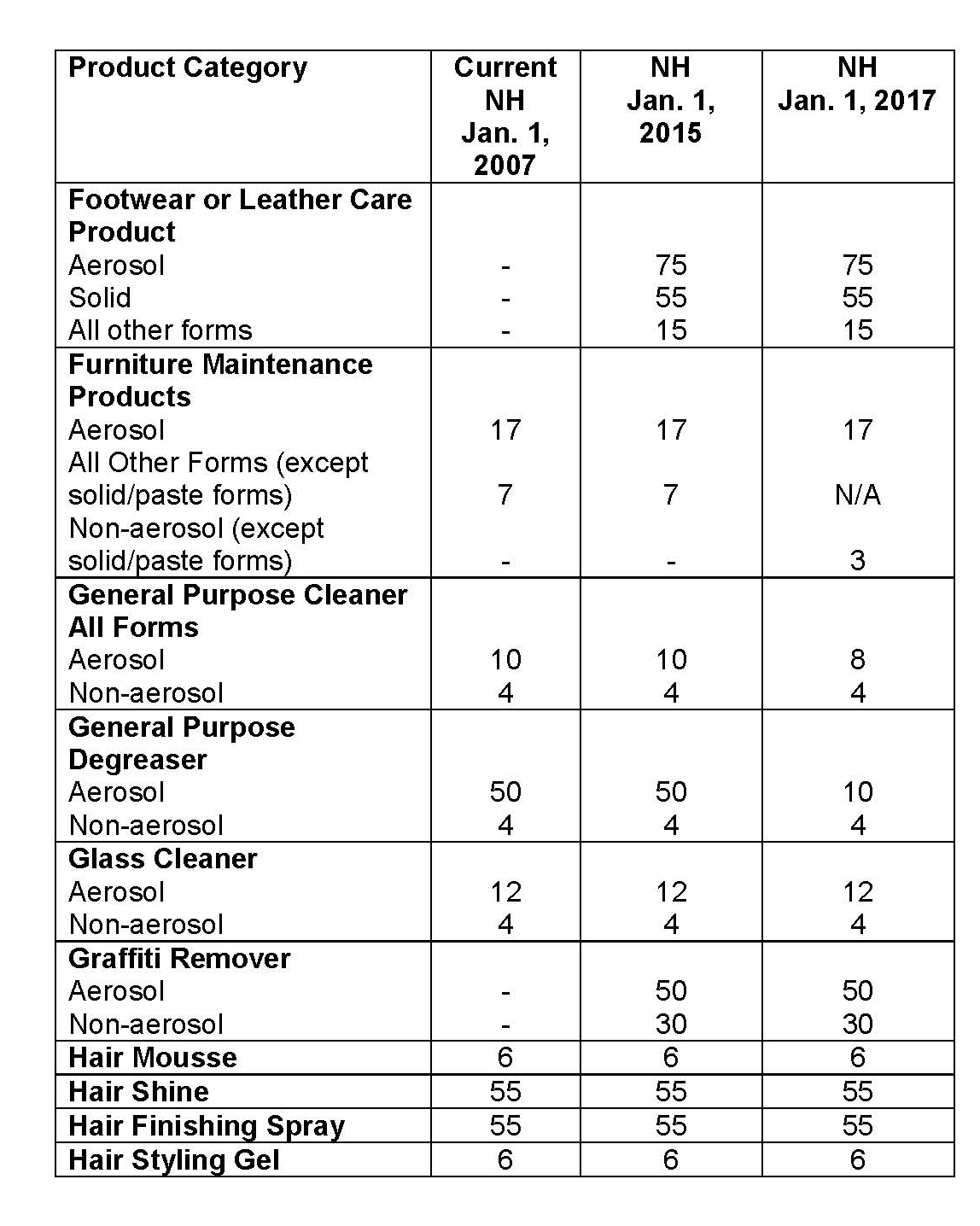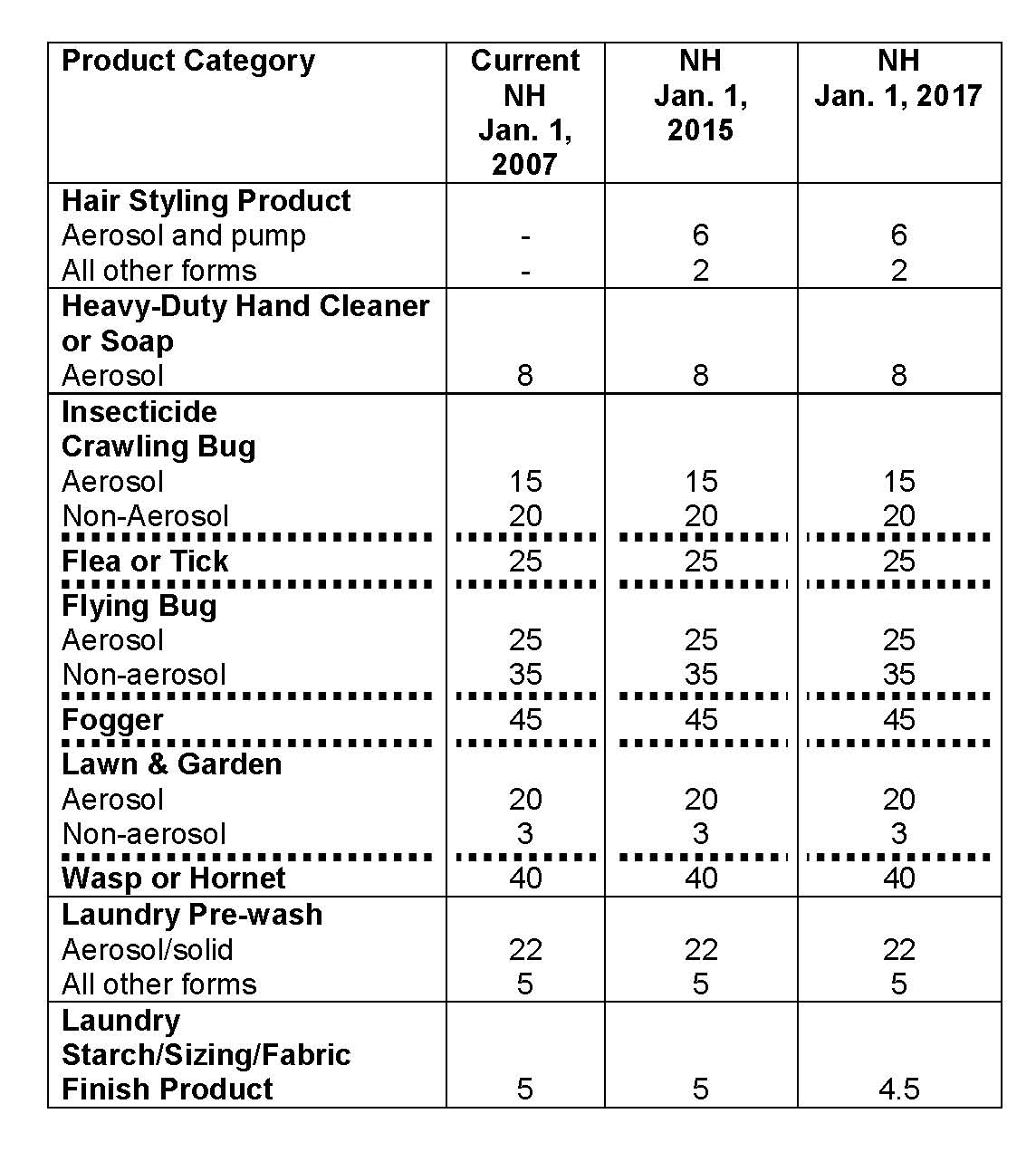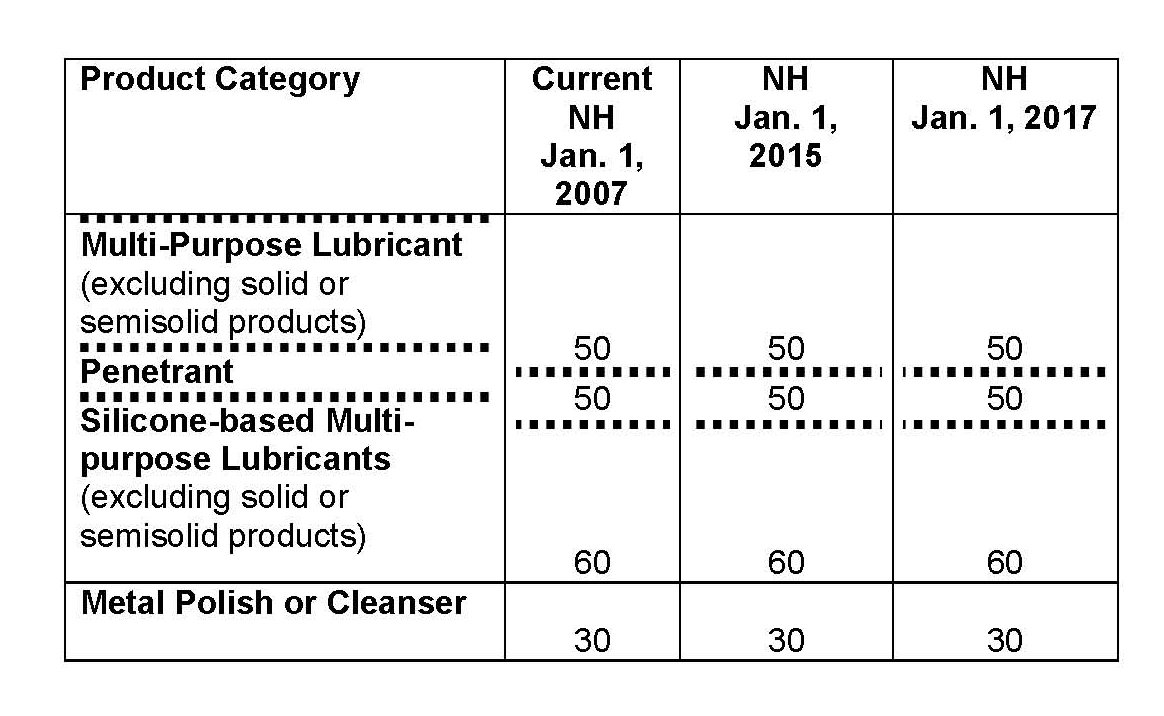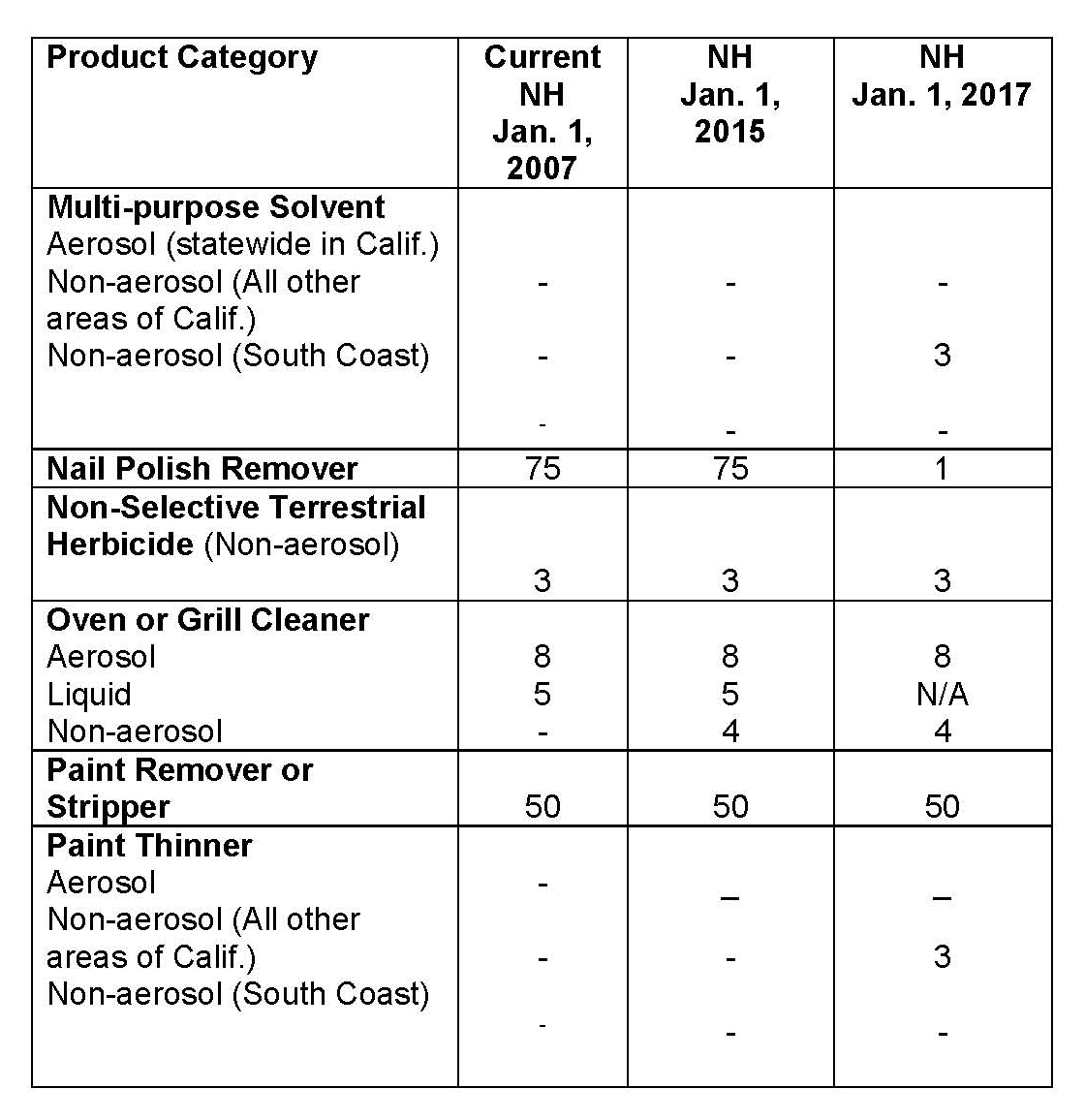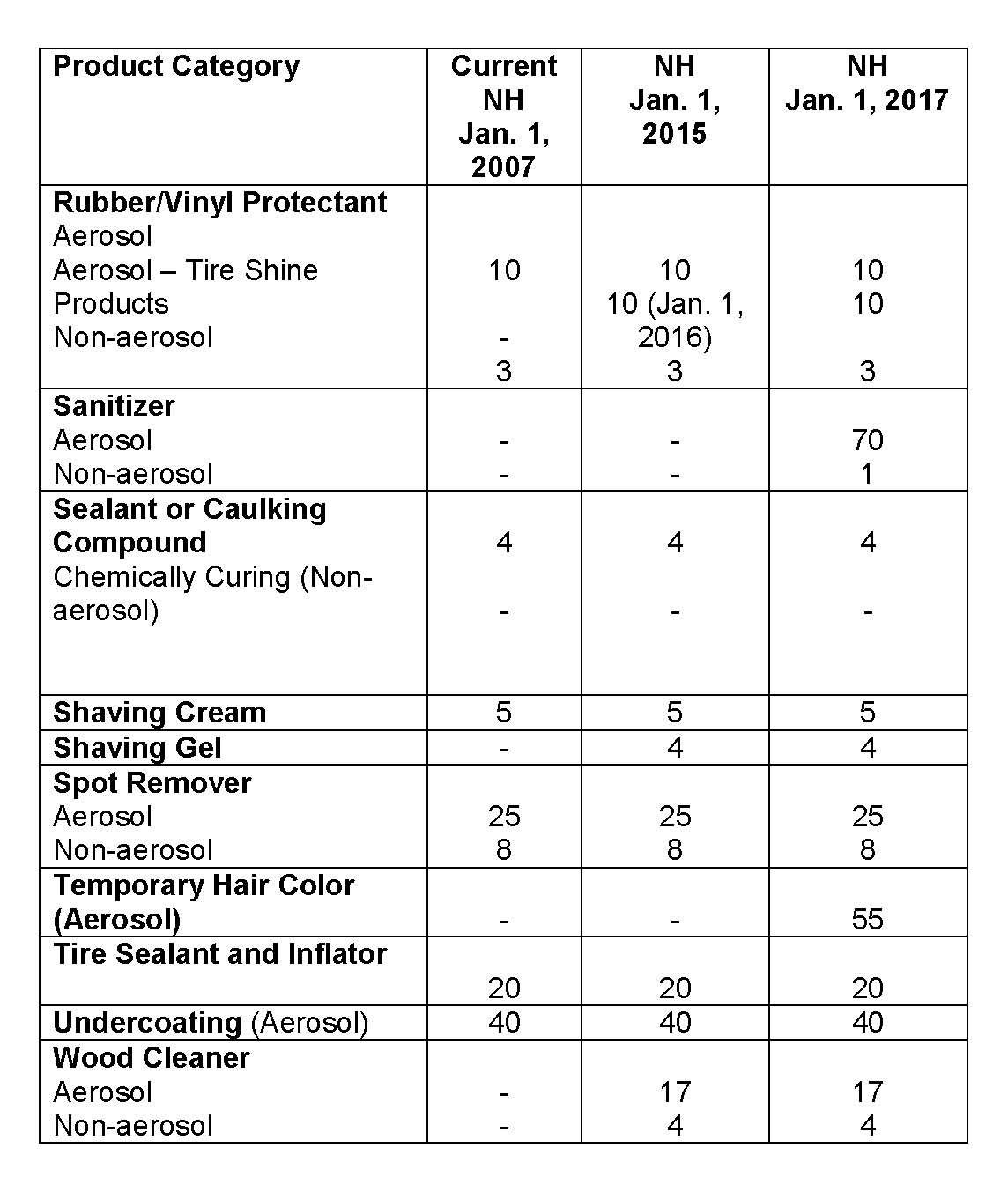Written on: December 2, 2014 by Doug Raymond

CARB
The California Air Resources Board (CARB) continues with its 2013 Consumer Product Survey. If you sold a Consumer Product into the state of California in 2013 and your product is on the CARB survey form, then you are responsible to fill out the survey (it is state law as well). The CARB survey is very comprehensive and covers most products. It is important that this survey is filled out correctly as it is used to develop future consumer product volatile organic compound (VOC) regulations. Therefore, the better the information, the smoother the rule development process goes.
LVP Studies
On Oct. 31, 2014, CARB conducted a meeting to review the low vapor pressure (LVP) studies being conducted by The University of California (UC) Davis and UC Riverside. The preliminary data and ongoing work were discussed among the workgroup. Numerous compounds are being studied to determine their fate in the atmosphere and if they contribute significantly to the formation of ozone. If the compounds are found to contribute significantly to ozone formation, then CARB may need to consider amending the definition of LVPs and ultimately their use. We will need to wait and see what the results show.
SCAQMD
South Coast Air Quality Management District (SCAQMD) hosted a Symposium on Assessing & Managing Toxic Risk from Alternative VOC compounds on Oct. 29. The meeting was held to discuss how to handle compounds that have been exempted by the U.S. Environmental Protection Agency (EPA) but not by SCAQMD. Examples of these compounds are Tertiary Butyl Acetate (TBAC) and Dimethyl Carbonate (DMC). SCAQMD has allowed some use of these compounds but not fully declared them VOC exempt. If these compounds were fully exempt, then manufacturers could use them as substitutes for VOCs, thus lowering the VOC content of the products.
There was significant push back from the environmental community to exempt these compounds as VOCs. It will be interesting to see what action SCAQMD takes as a result of this Symposium.
OTC
On Oct. 21, The New Hampshire Dept. of Environmental Services (DES) changed its VOC regulation that was to take effect Jan. 1, 2015. The change was to extend the effective date for all categories that were based on the current Ozone Transport Commission (OTC) model. The new effective date is Jan. 1, 2017. This is confusing, since New Hampshire has a regulation with current limits, will have limits that become effective in January of 2015 and other limits that will be effective January 1, 2017.
To simplify confusion, below are the categories and limits:
